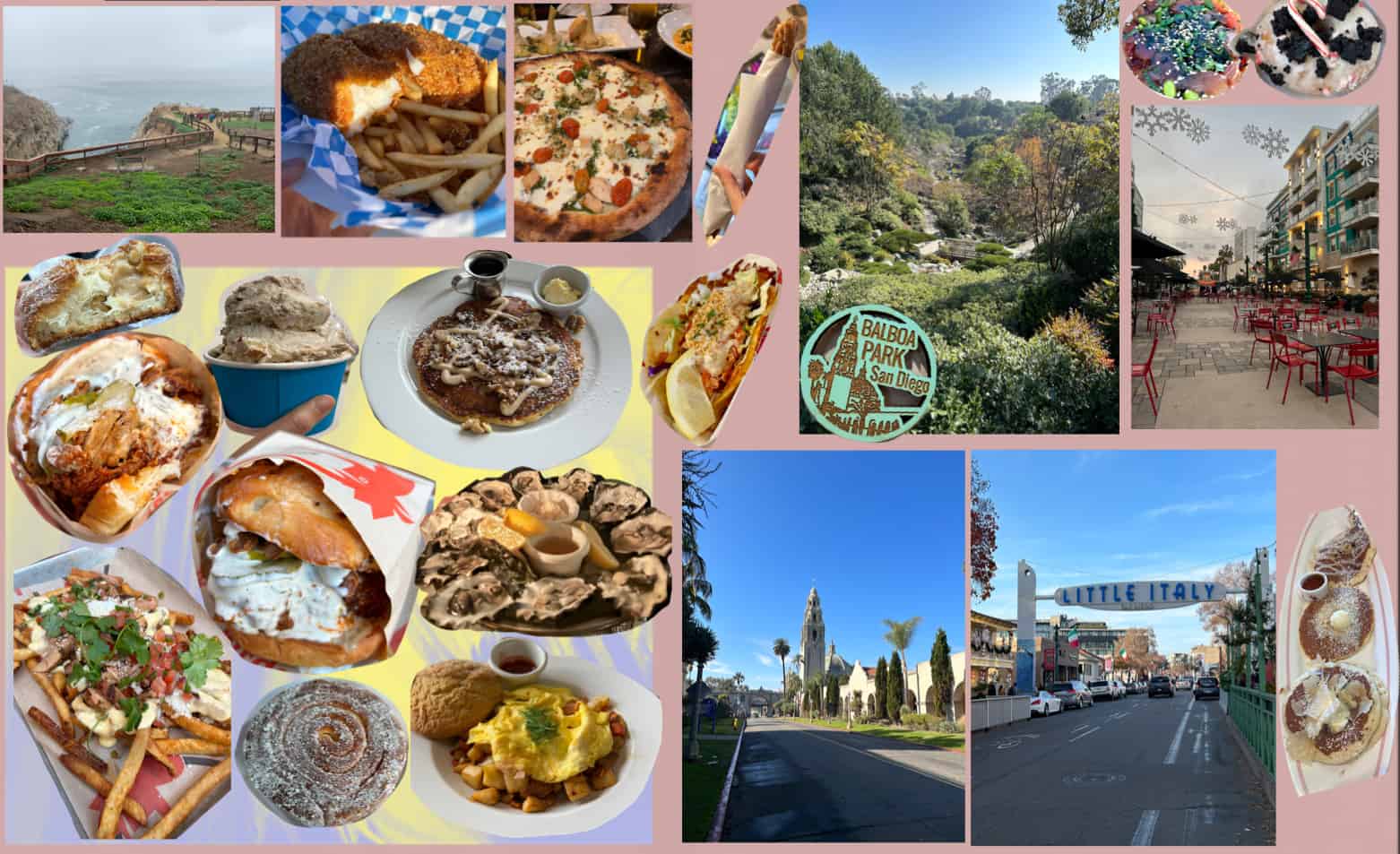Work shapes a third of our lives. If you’re unsure about how to genuinely feel […]
Work shapes a third of our lives. If you’re unsure about how to genuinely feel about work in a positive way, look into Philosophy as guidance. It offers more than abstract ideas on how to think about work, and how to stay fully human in the middle of it.
From the Stoics’ emphasis on virtue, to Karl Marx’s warning about alienation, to Hannah Arendt’s call to rise above mere survival, to Dostoevsky’s reflections on freedom, to McLuhan’s reminder about the media that shapes our work-life, and Frankl’s insistence that meaning is always possible. Here’s how to work without losing yourself.
1. See Work as Character Training (Stoicism)
Work is not just a paycheck; it’s a daily arena for practicing patience, courage, integrity, and discipline.
- Integrity: Do the job honestly, especially when no one notices.
- Excellence: Focus on the quality of your effort, not just the outcome.
- Detachment: Don’t let titles, promotions, or criticism define you.
The Stoics remind us: your true “work” is the cultivation of your character.
2. Beware Alienation (Karl Marx)
In Economic and Philosophic Manuscripts of 1844, Marx warned that in modern economies, workers can become alienated, such as being disconnected from the product of their labor.
Signs of alienation:
- You produce something you never see or touch.
- The process feels mechanical, fragmented, and disconnected from creativity.
- Work feels like a necessary evil rather than a meaningful craft.
Response: If you can’t change the system, reclaim personal ownership of your mental stance. Connect to your tasks in ways that make them meaningful, even in small ways.
3. Move Beyond Survival (Hannah Arendt)
In The Human Condition, Arendt distinguishes between:
- Labor: survival tasks (eating, sleeping, earning money)
- Work: creating something lasting (building, crafting, writing)
- Action: revealing who you are through speech, initiative, and public engagement
Her advice for a fuller life
- Don’t get stuck in labor mode such as endless chores and survival.
- Make time for work that creates something real and lasting.
- Prioritize action. Speaking up, showing up, and engaging with others where your unique voice matters.
When your life balances all three, you move beyond just “getting by” to leaving a meaningful trace in the world.
4. Freedom Isn’t Always Comfortable (Dostoevsky)
In Notes from Underground, Dostoevsky warns: comfort and routine can trap us as much as hardship.
- True freedom includes the ability to make imperfect, risky, even illogical choices.
- Following rules and doing assigned work is not the same as living meaningfully.
- Don’t resist growth just because it’s uncomfortable.
In work: seek roles and relationships where you can express yourself honestly and not just follow orders.
5. Watch Your Media Environment (Marshall McLuhan)
Your relationship to work is shaped by the media that surrounds it.
- Social media and news can distort how you see your job and your value.
- Choose your “media diet” as carefully as your food diet.
- Balance fast, bite-sized updates with deep, slow work.
- Create “unplugged” time to think and work without constant interruption.
Technology should serve your life, not dictate it.
6. Find Meaning in Any Situation (Viktor Frankl)
In Man’s Search for Meaning, Frankl outlines three paths to meaning:
- Creating something or doing meaningful work
- Experiencing love and deep connection
- Choosing your attitude in difficulty
At work, this means:
- Look for ways your job can serve something larger.
- Invest in meaningful relationships with colleagues.
- When things get hard, focus on what’s in your control such as your effort, your perspective, your integrity.
7. Work as Part of Life, Not All of It
The Stoics, Arendt, and Frankl all agree: work should serve life, not replace it.
- Protect your time outside work.
- Don’t measure worth solely by productivity.
- Keep space for rest, relationships, and creativity beyond your job.
8. Work as a Field for Virtue
For a Stoic, the purpose of life is to live in accordance with virtue (wisdom, courage, justice, and self-discipline). Work is not separate from this mission. It is one of the main arenas where you practice virtue.
- Wisdom: Make decisions based on truth and reason, not impulse or ego.
- Courage: Speak up when something is wrong, take on challenges, and face uncertainty without fear.
- Justice: Treat colleagues and clients fairly, contribute honestly, and honor your commitments.
- Self-discipline: Resist distractions, manage your time well, and focus on what matters most.
When you see work as a place to practice virtue, even mundane tasks gain meaning.
9. Control the Controllables
Much of work is outside your control, such as market forces, company politics, other people’s decisions. Stoics remind us: don’t waste your peace of mind on what you can’t change. Instead,
- Focus on your effort, attitude, and choices.
- Accept outcomes you cannot influence without bitterness.
- Use challenges as training in patience and adaptability.
When you anchor your satisfaction in your actions, not in unpredictable results, you free yourself from needless frustration.
10. Don’t Make Work Your Identity
Your role is what you do, not who you are.
Titles, salaries, and recognition are external and they can vanish overnight. The Stoic holds onto something deeper: a sense of worth grounded in character, not career status.
Enjoy your work, excel in it, but don’t let it consume your entire identity. When your self-worth doesn’t depend on your job, you can work more freely and fear less.
11. Work with Excellence but without Attachment
Marcus Aurelius advised: “Don’t waste another second wondering what a good man should be. Be one.”
Applied to work: stop overthinking how to be “the perfect employee” and focus on doing your work well right now. Give your best effort, then release attachment to praise or blame. Excellence is its own reward.
12. Use Work to Serve
Work is not only about personal gain. It is a form of service to customers, to colleagues, to society.
Ask: Who benefits from my work? If the answer is no one, it may be time to reassess. Stoicism calls us to live for the common good, and meaningful work aligns with that purpose.
13. Treat Stress as Training
The Stoic sees difficulty not as a curse, but as resistance that makes them stronger. Annoying clients, tight deadlines, and unexpected problems are not “interruptions”. They are the job.
Instead of complaining, use them to sharpen patience, problem-solving, and perspective.
14. Work to Live, Don’t Live to Work
The Stoic keeps life in balance. Work is a part of life, not its entirety.
Rest, relationships, health, and reflection are equally important.
- Schedule breaks to clear your mind.
- Leave space for leisure that renews you.
- Remember that time is your most valuable resource. Don’t trade it all for money or status.
15. End Each Day in Reflection
Seneca wrote: “Each day should be examined before it is ended.”
At the end of your workday, ask yourself:
- Did I act with integrity?
- Did I focus on what I could control?
- Did I allow stress or ego to dictate my behavior?
This daily audit keeps you aligned and helps you improve steadily.
The Stoic Conclusion on Work
Work is not just a way to earn money. It is a proving ground for your character. Approach it with intention, knowing that you:
- Control your effort and attitude, not the outcome.
- Are more than your job title.
- Can treat stress as strength training.
- Must balance work with the rest of life.
The Stoic doesn’t romanticize work, nor do they resent it. They treat it as a duty, a craft, and an opportunity to live with virtue every single day.
Work will always be a mix of necessity, creation, and self-expression. The Stoics teach us to use it to shape our character. Marx warns us to resist alienation. Arendt calls us to move beyond survival to meaningful public action. Dostoevsky reminds us that freedom is often messy. McLuhan asks us to stay aware of the media shaping our work-life. And Frankl shows that meaning is possible in any circumstance.
Work is not just what you do for money, it’s one of the main ways you reveal who you are. Treat it as such.







